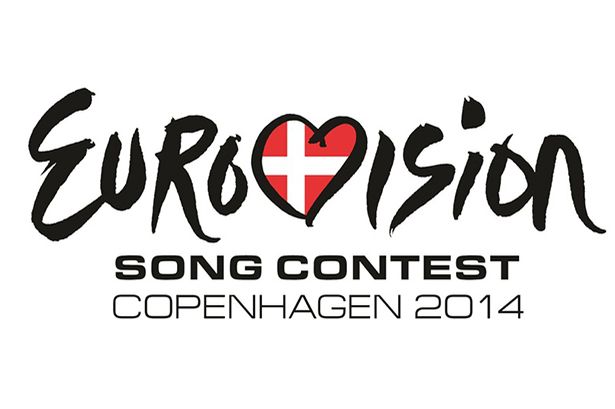
With only a week to go before the Eurovision final and Eurovision week almost upon us, it seems like a good time to get geared up for the contest.
Following on from last year’s posts on Eurovision, there were a couple of themes I wanted to explore this time around. Specifically, the opinions of Eurovision in other countries.
For the last few years, the UK has treated the contest very sceptically – the voting is rigged, it’s all political, we’ll never win, etc. But is this unique to us Brits? And with this year’s British entrant already being billed as the strongest in years, is it time we changed our tune?
In order to take a look at how the contest is viewed across the continent, I’ve roped in a few fellow bloggers to help explain a bit about opinions towards Eurovision in their home countries.
Vlad, Romania
Best place: 3 (2005, 2010)
2013 place: 13
2014 entrant: Paula Seling & Ovi – Miracle
I would like to say people in Romania have a love/hate relationship with Eurovision, but in reality it’s more of a “love to hate” sort of approach. So the contest doesn’t receive much attention from the media, there usually are a few articles here and there announcing who is going to represent us, then another few about who won the contest and what place we were on.
But despite all this, it does have its loyal fans, some who are overly enthusiastic and think our song is the best and the contest is rigged if we don’t win. And there are fans, like me, who like the contest because it’s fun and a good way to find out about artists that I may become a fan of.
The general attitude towards our song however depends a lot on the song. Back in 2006, everyone was expecting good results, including me, and it was indeed our best place ever (3rd place in the finale, 1st place in the semi). As for this year, people have mixed to positive feelings about our song, but I feel like its time has passed. We had success with a similar song four years ago, I doubt it will work again.
Enrique, Spain
Best place: 1 (1968, 1969)
2013 place: 25
2014 entrant: Ruth Lorenzo – Dancing in the Rain
The show is very popular in Spain because there are many Eurofans. If you watch it on TV, you will see a lot of Spanish flags. In 2002, TVE (Spanish public televisión) had over 12 million viewers. It was the highest in Spanish history.
However, it doesn’t always have a very big build-up in the media. It depends on the year. In 2008, for example, the Spanish entrant Rodolfo Chiquilicuatre had an incredible build across all TV channels, radio stations and newspapers. An actor, with no experience at singing tries to represent Spain and he did. It was very crazy but then we got the best position in 4 years.
In Spain, we always expect good results. Sometimes we’ve had great singers, like in 2009 or 2012, when we expected at least a top 5. Then we were very disappointed because we believed the song was much better than others. There is always a question in our minds: what would happen if our song was sent by a Nordic or an Eastern European country? Europe must be more fair with us.
Anna, Russia
Best place: 1 (2008)
2013 place: 5
2014 entrant: The Tolmachevy Twins – Shine
Like with many things European, Russia has a somewhat complicated relationship with Eurovision.
I remember the euphoric frenzy that surrounded Dima Bilan’s 2008 win. By the end of the year – the year when Russia won men’s ice hockey world cup and the European football championship, in a rather surreal way Eurovision became part of the greater narrative of “Russia is back!”
For me, the whole production with its over-the-top theatrics and convoluted, political scoring system is a bit silly. I have no idea what goes through the minds of the voters when they decide whom to send to represent their country; it seems that far too often the bizarre wins over the talented.
Not that I wouldn’t be happy if Russia won each and every time. And if it’s an act like Buranovskiye Babushki, who took their show on the road to raise money for a church in their small village and effectively walked away with the “Miss Congeniality” vote of Europe – well, that’s just a heart-warming cherry on top.
So there we have it – it seems skepticism towards the contest isn’t necessarily unique to the UK, after all. But it will be interesting to see if attitudes in the UK and other countries change after a victory…
What do you think about Eurovision? Did you agree with the sentiments above?
Comment below!
Many thanks to my lovely contributors!
Vlad is a part-time traveller from Romania who is always planning his next big trip. When he’s not travelling, he enjoys researching different cities, to the point where he can get around a place without actually having been there. He loves the warmth of a sunny summer day and would move in a heartbeat to a town at the Mediterranean Sea. You can read more about his travels here.
Enrique Arzuaga is a journalist from Bilbao, Spain and since 2007 has presented his own weekly radio show all about Eurovision, “Universo Eurovision”.
Anna Belkina is a Russian-American-Russian expat who, after more than 15 years State-side once again calls Moscow her home. By day she is a communication strategist for a news network; in her free time she rides horses, watches Marvel movies and writes her expat/travel blog, Home & Away


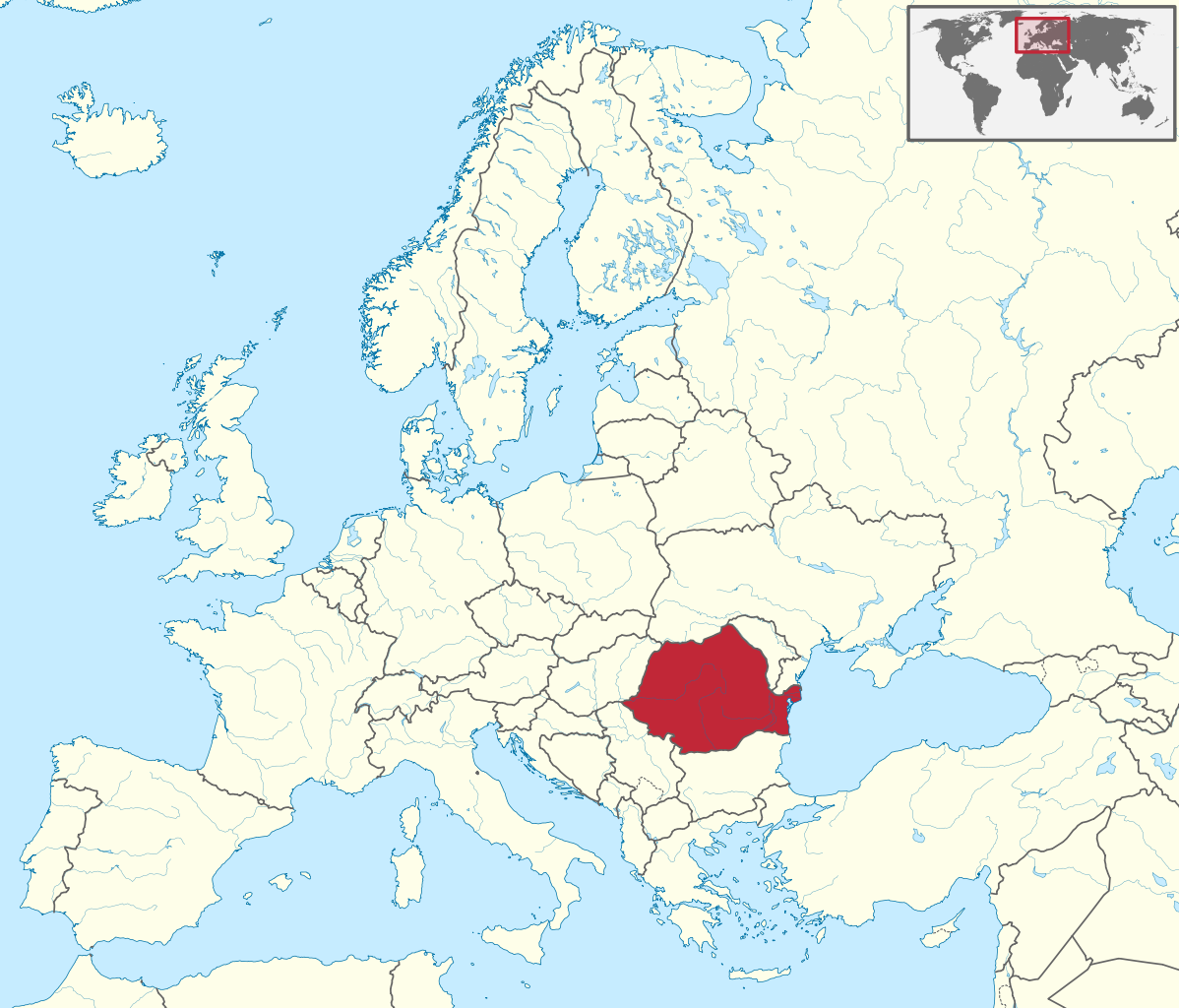
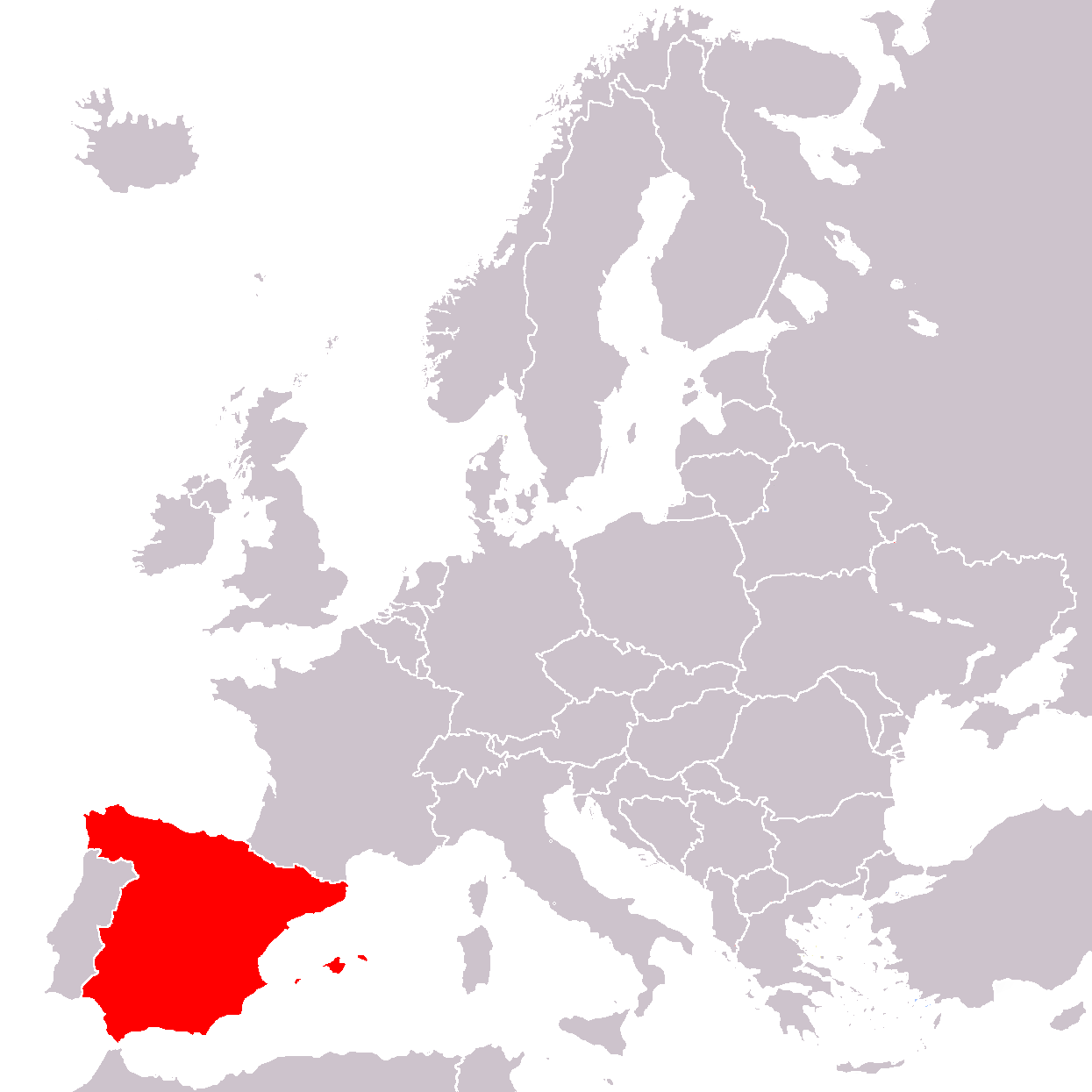
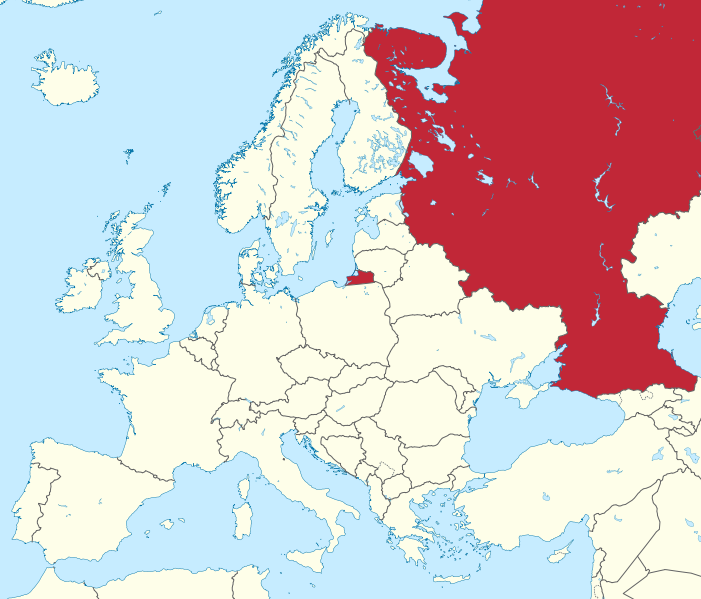
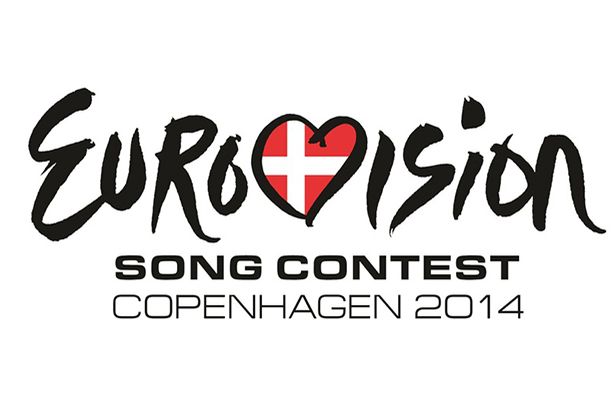
Well I guess the answer to your question is no, haha. I had no idea that Russia’s only win was in 2008, I was sure they got first place before…
Thanks for inviting me again, looking forward to the show 😀 (I will probably be live tweeting during the semis, not sure about the finale)
Russia has come 2nd and 3rd quite a few times. They almost won in 2003 with t.A.T.u but ended up in 3rd place because the UK and Ireland didn’t give them any points…
It was really close – only 3 points between 1st and 3rd place…
Yeah, this is why I was so surprised, they always did well.